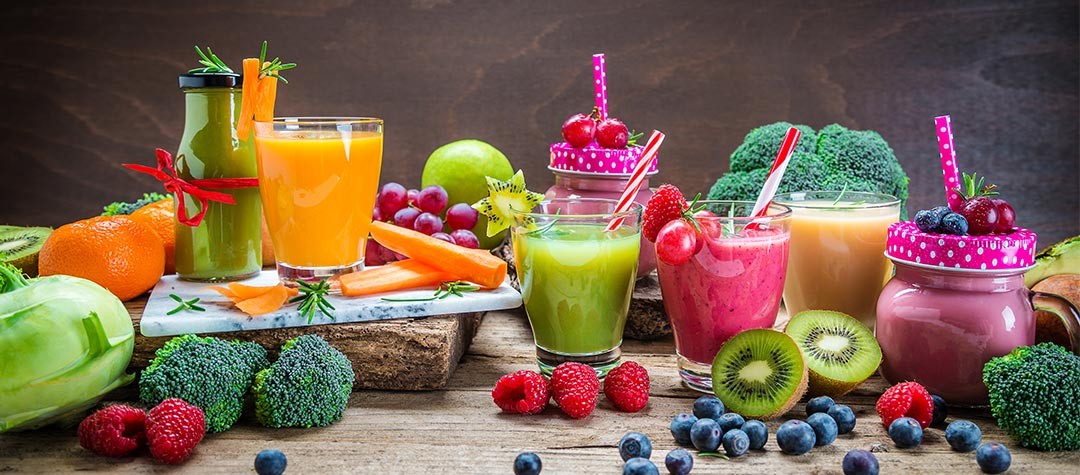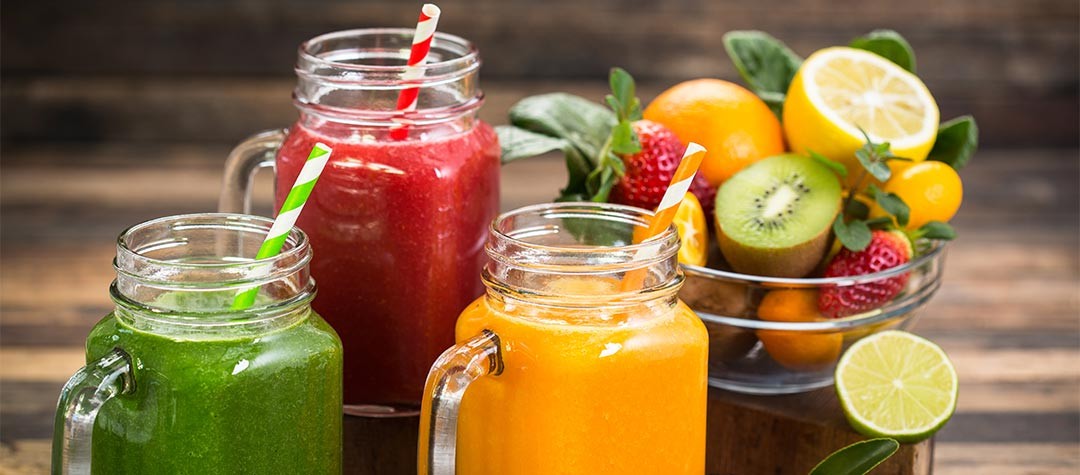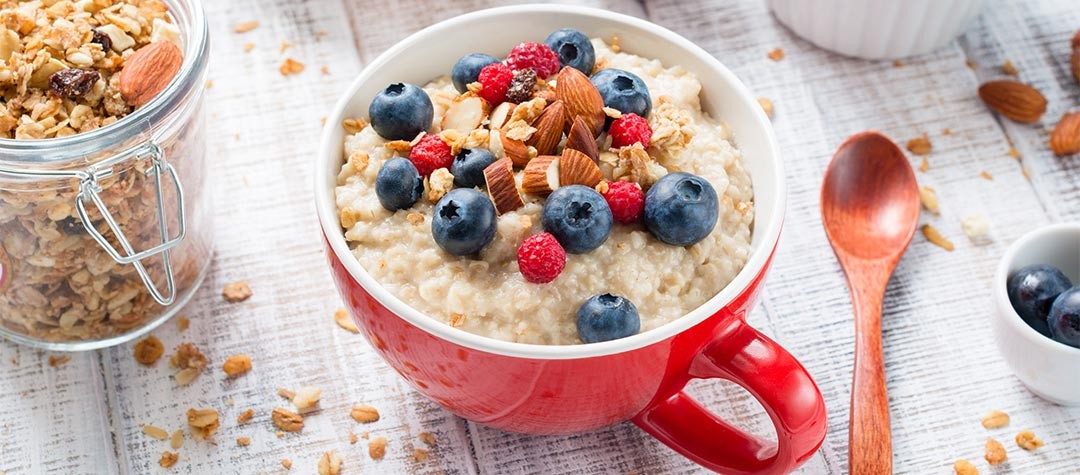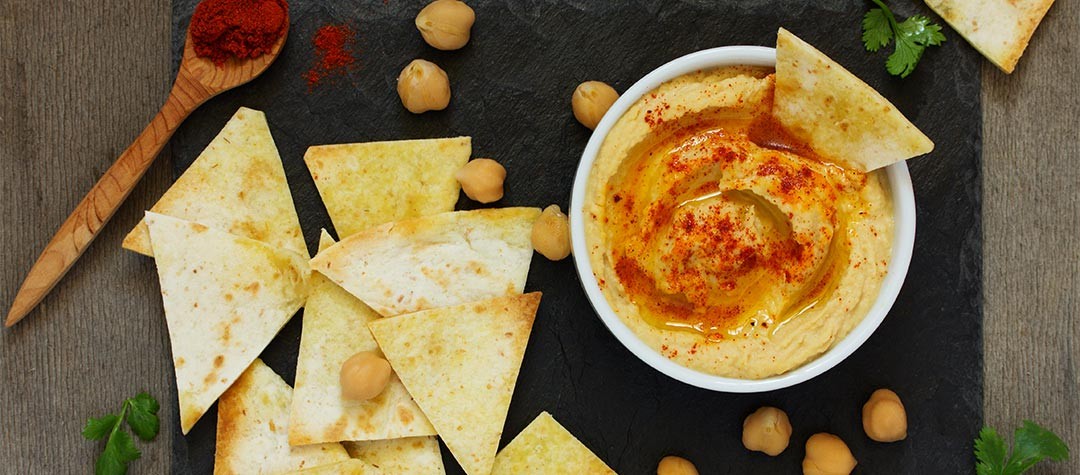Feel like you are flagging on an almost daily basis? It is possible that your energy levels are being affected by not eating the right foods. Find out how to put this right.
The way we live our lives today can place huge demands on our bodies; we are all becoming increasingly busy. In order to restore and maintain your energy levels, it is important to make sure you are eating the right amounts of different foods, and keep to a healthy, balanced diet.
Here are a few tips to ensure you get the right foods in the right amounts in order that you have sufficient energy to see you through each day.
- Make sure that you eat a diet rich in B vitamins and vitamin C as it will help to restore energy levels by replenishing vitamins used up fighting stress. Foods high in these vitamins can form part of a healthy diet — fresh fruit and vegetables, wholegrain bread, nuts and seeds, red meat, pulses and cereals are all good foods to include in your diet.
- Eating regular, small meals helps keep your metabolic rate up. Each time you eat your metabolic rate increases approximately 10 per cent. This is even more marked after eating a meal rich in carbohydrate and protein.
- Keep your intake of complex carbohydrates high. Breakfast cereals, potatoes, pasta and rice keep us feeling full for longer than if we eat sugary foods; make sure you base each meal on these as they keep the blood sugar sustained at a higher level, maintaining energy levels.
In order to keep your energy levels high try the following suggestions for breakfast, lunch and dinner...
Breakfast — Try bran flakes or porridge with low-fat milk and fresh fruit. If you don’t fancy cereal, a wholemeal muffin or toast is a good alternative.
Lunch — Try basing this meal on starchy carbohydrate. Have a piece of pizza with a thick base and plenty of vegetable toppings or a wholegrain sandwich or pita bread stuffed with lean meat and salad. A baked potato, or rice-based dish is also a good idea, try the following toppings: cottage cheese, baked beans or chili.
Dinner — Carbohydrate is the most important constituent of this meal; make sure that you include one of the following: potatoes, rice, couscous, bulgur wheat, bread or pasta.














